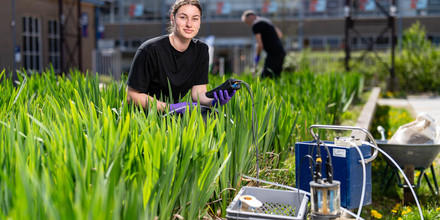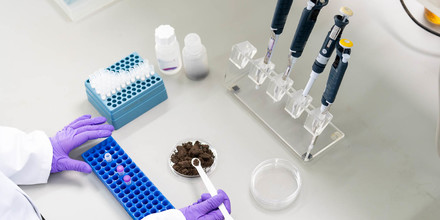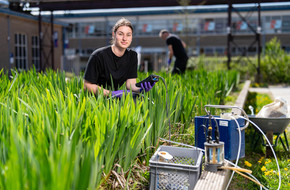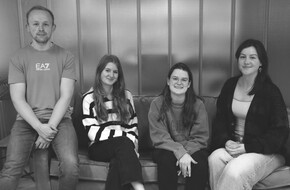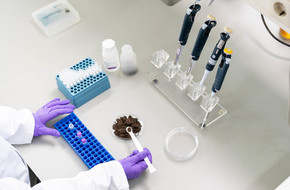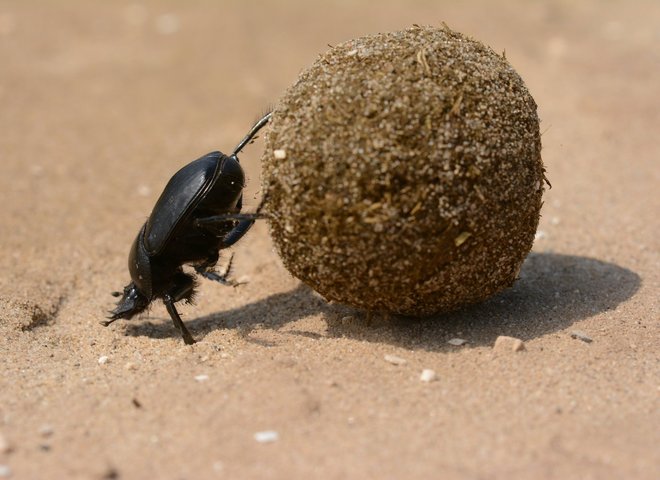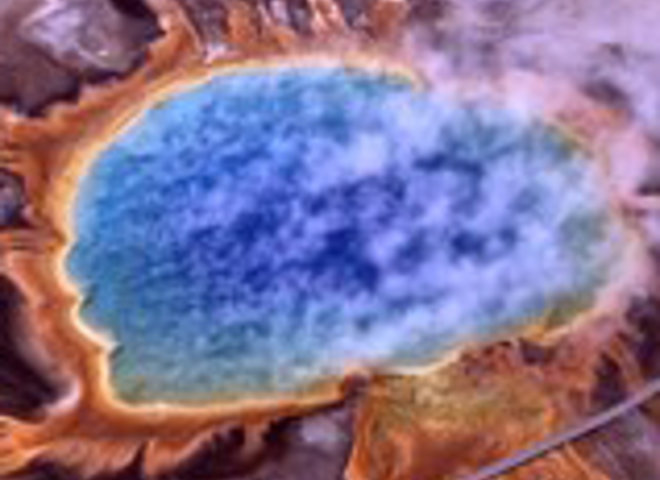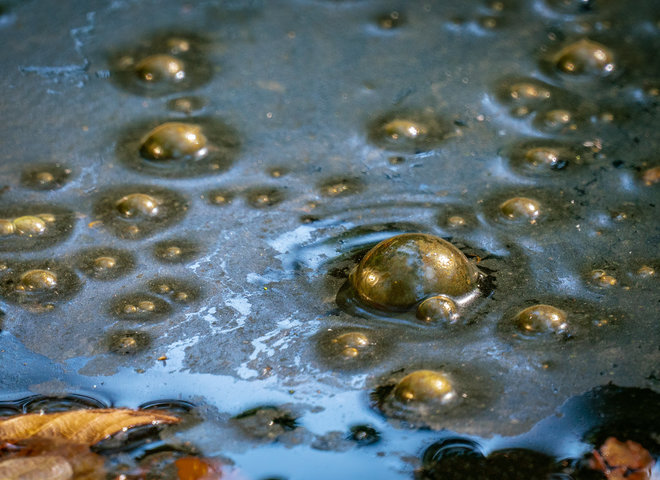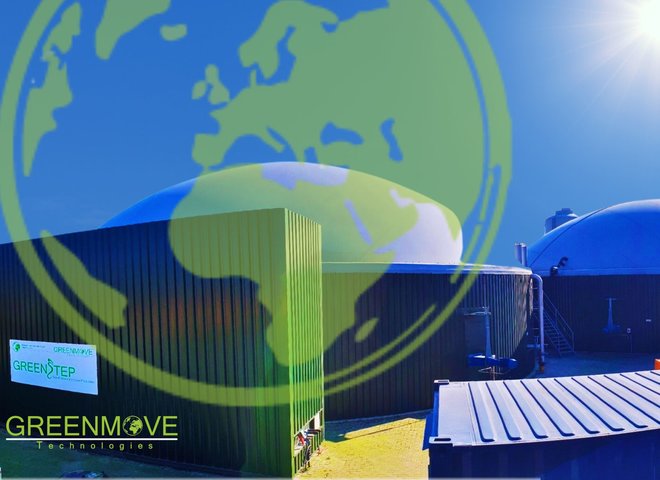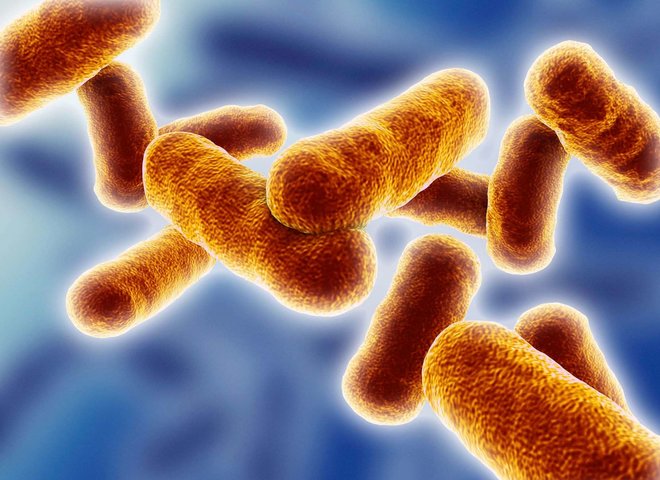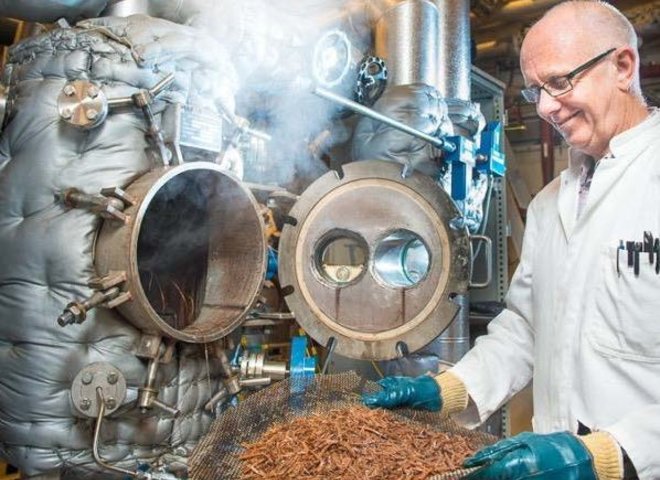From dung ball to fertile soil: the natural cycle of dung beetles
The dung ball must be perfect, neither to dry nor to wet. Within the ball conditions are perfect for hatching eggs. The larva doesn’t need to look for food. It’s literally surrounded by it.
Thanks to this form of soil injection, soil fertility is promoted. The dung ball doesn’t only provide food for the larva, but also for earthworms, bacteria and other soil-dwelling microorganisms. Subsequently plants can use the growth promoting nutrients that become available. Furthermore the digging activities of the beetles improve the structure of the soil, which lead to better water retaining and drainage qualities.


